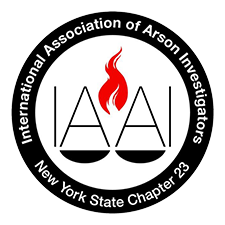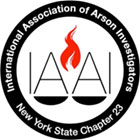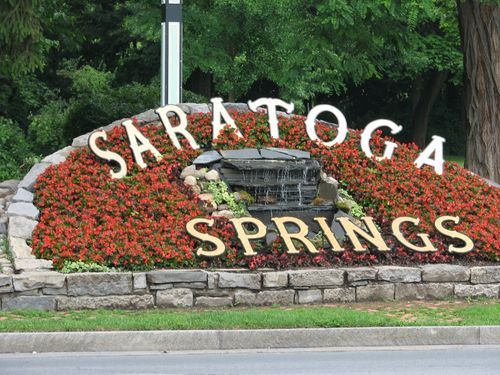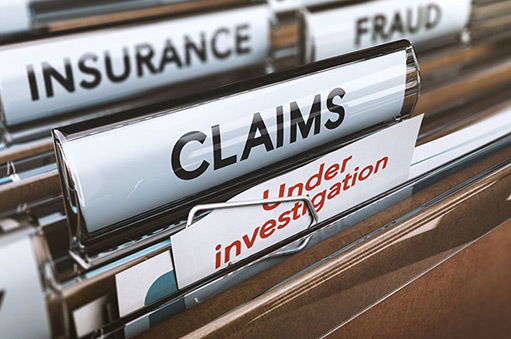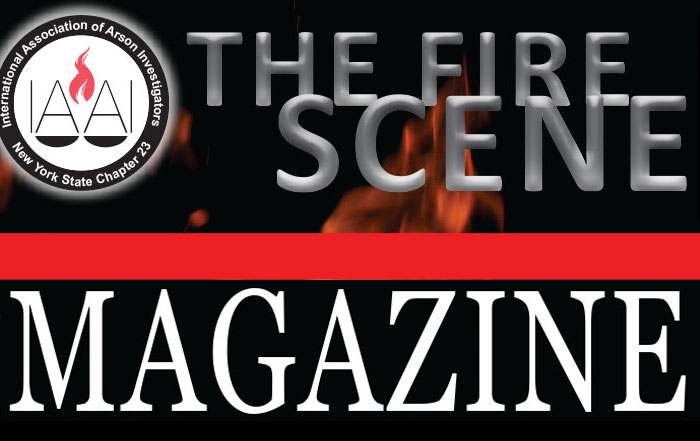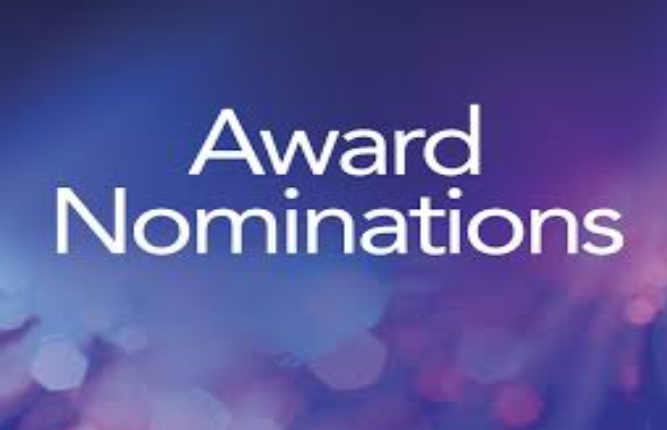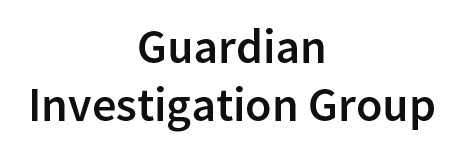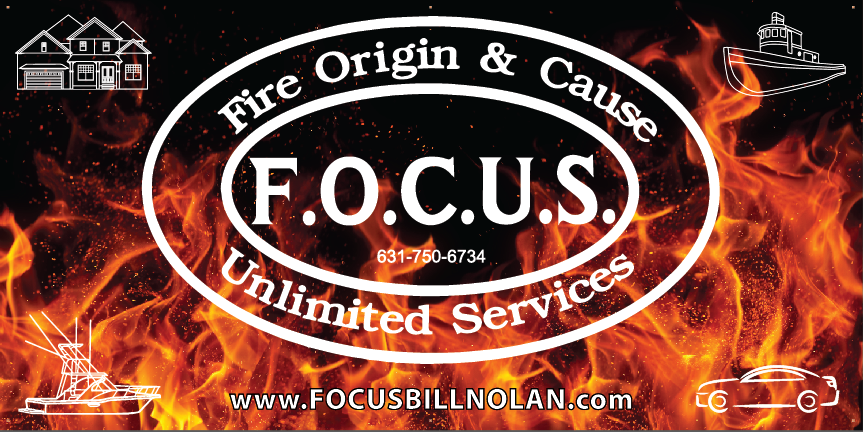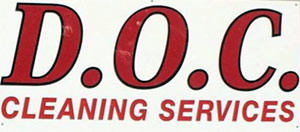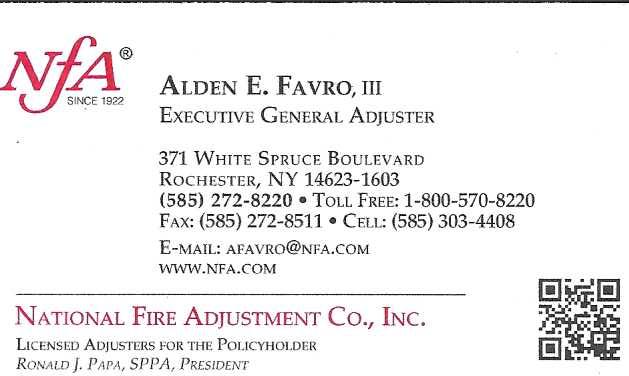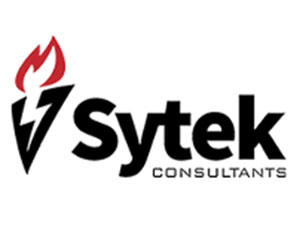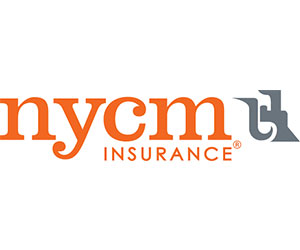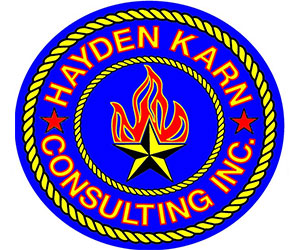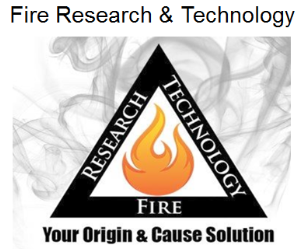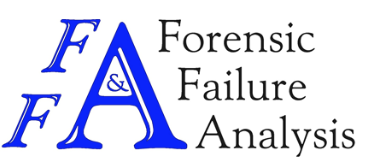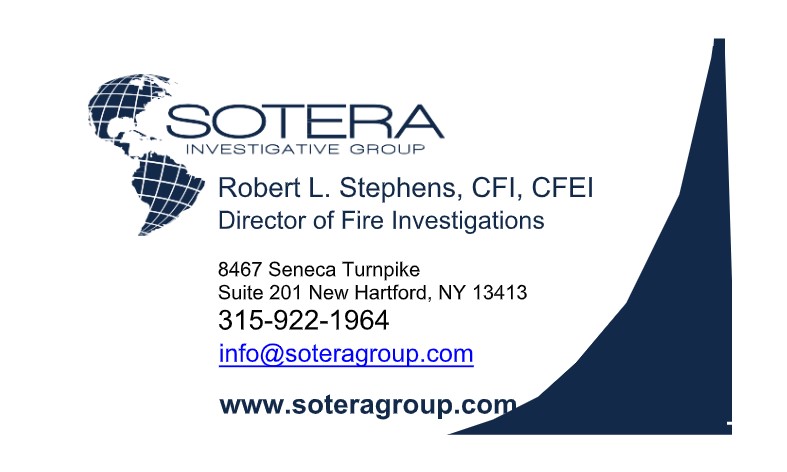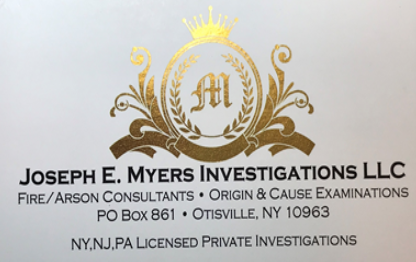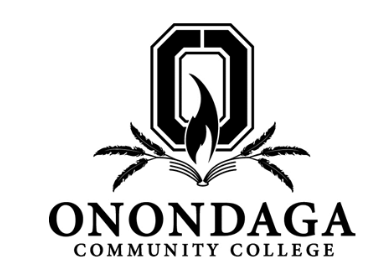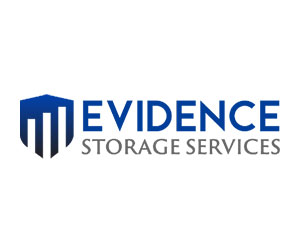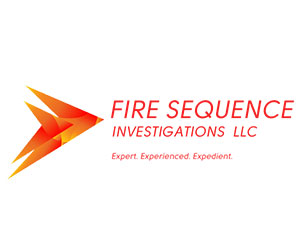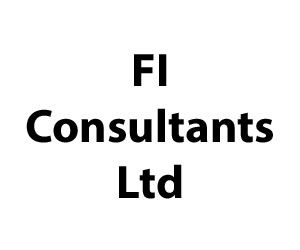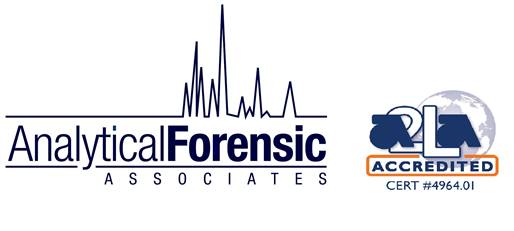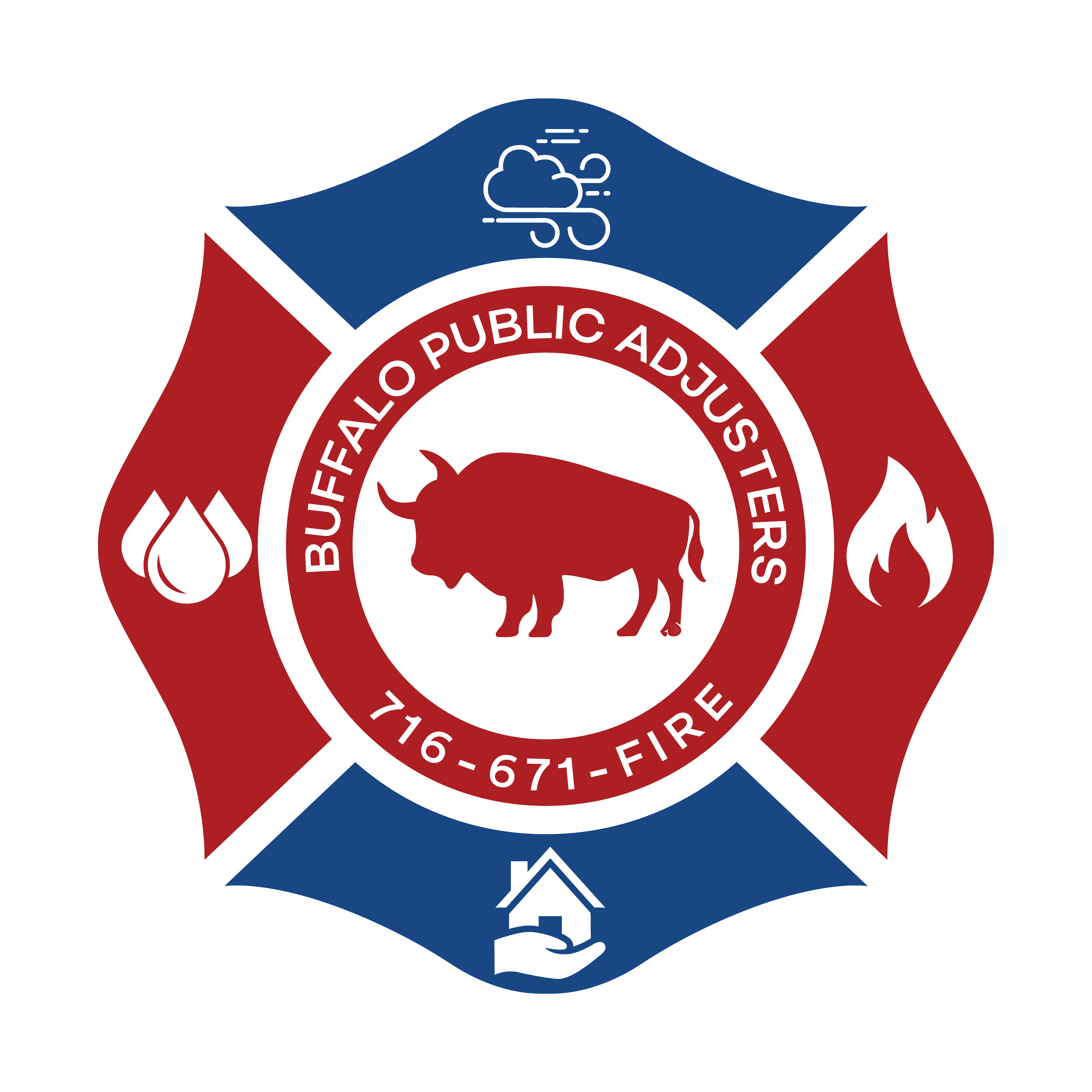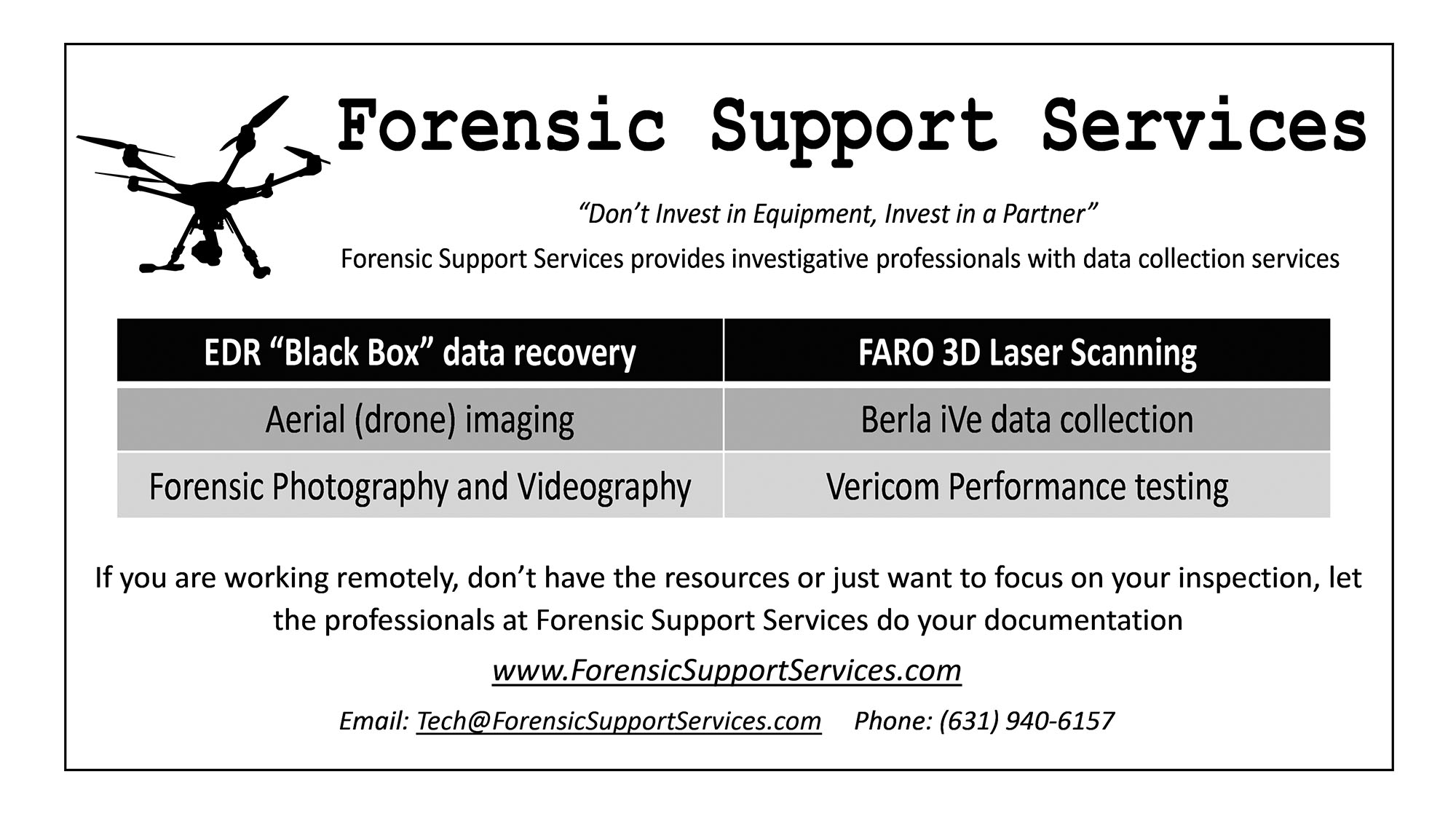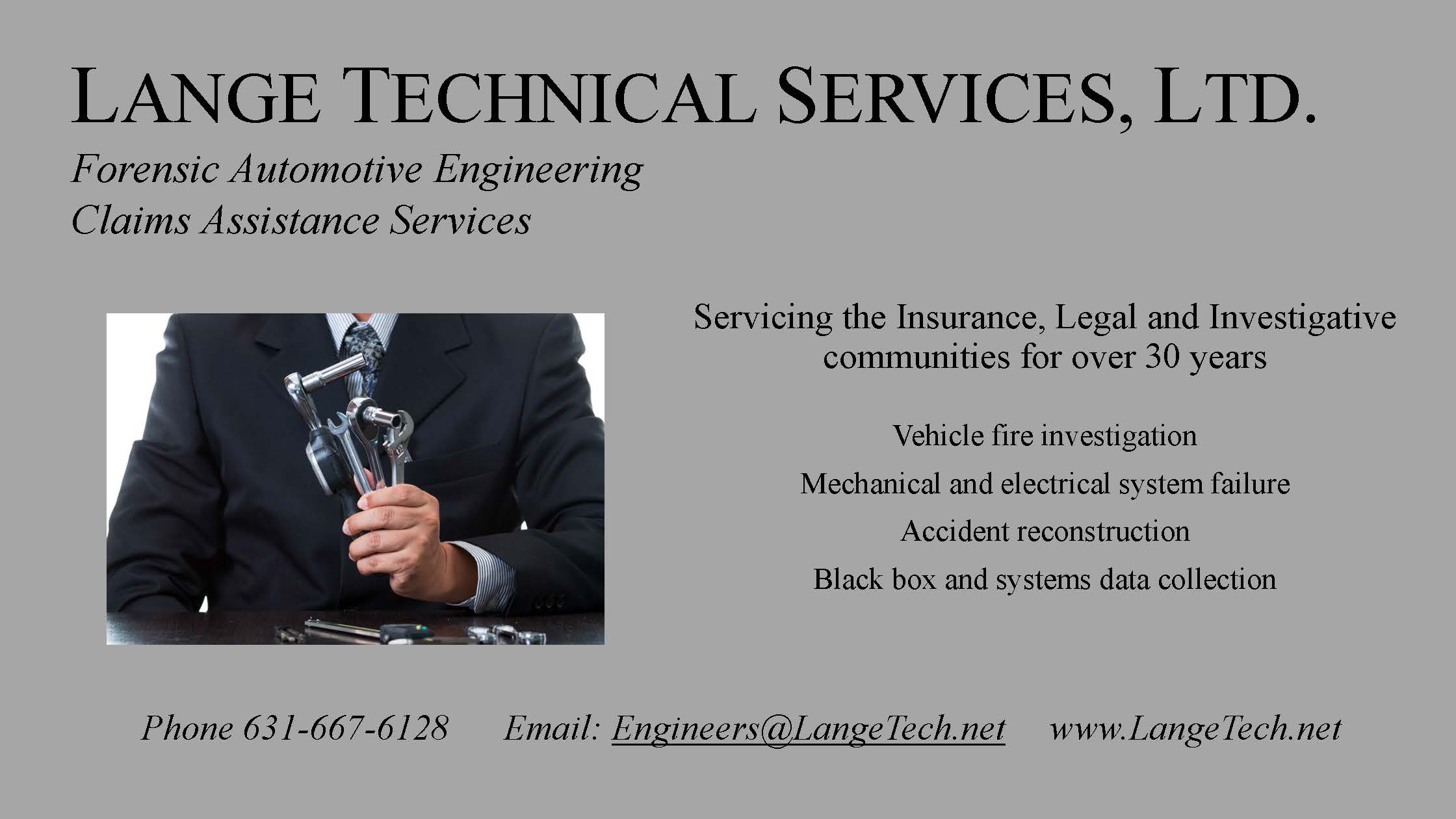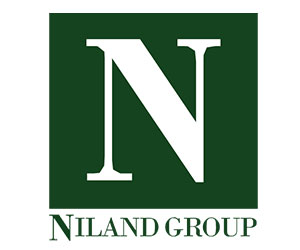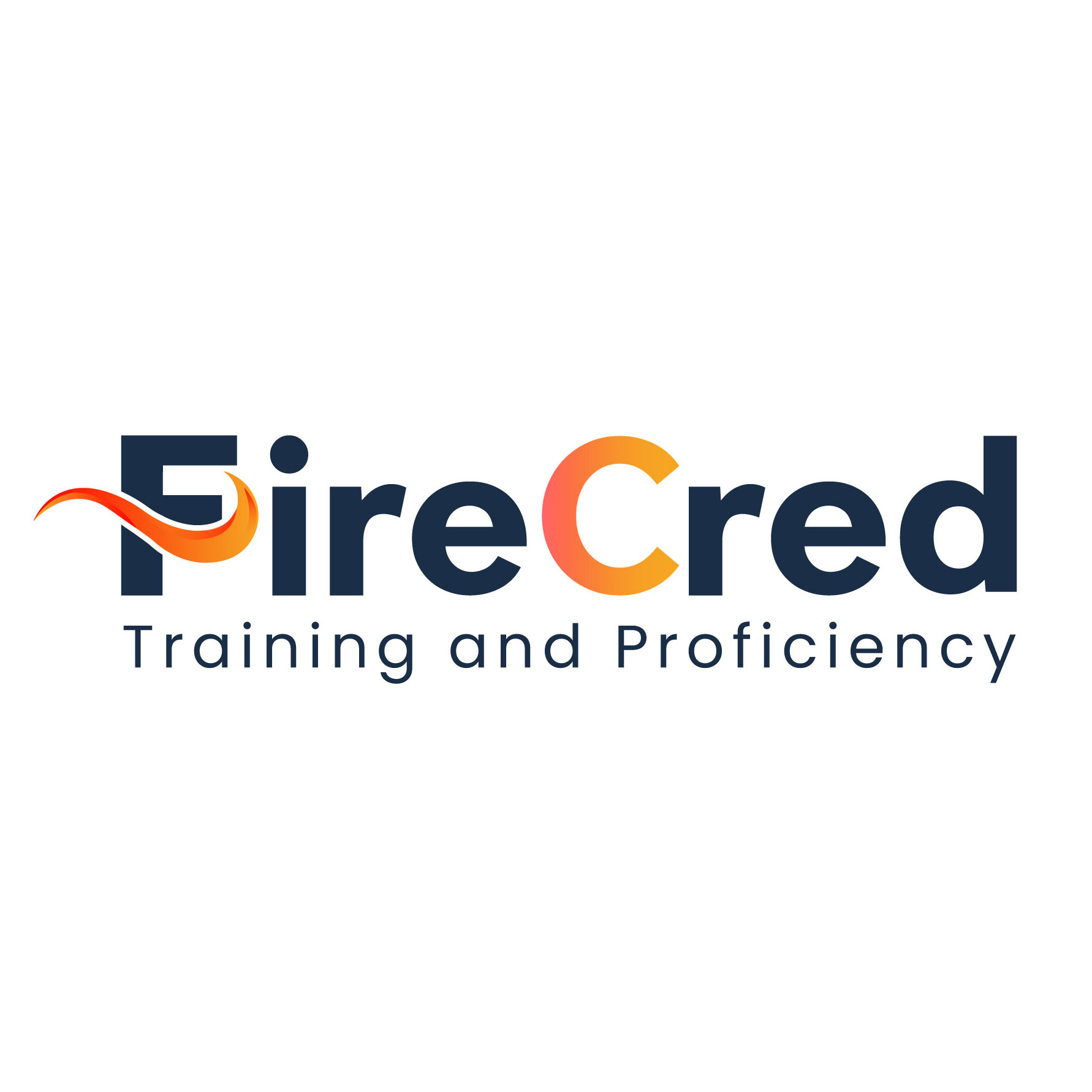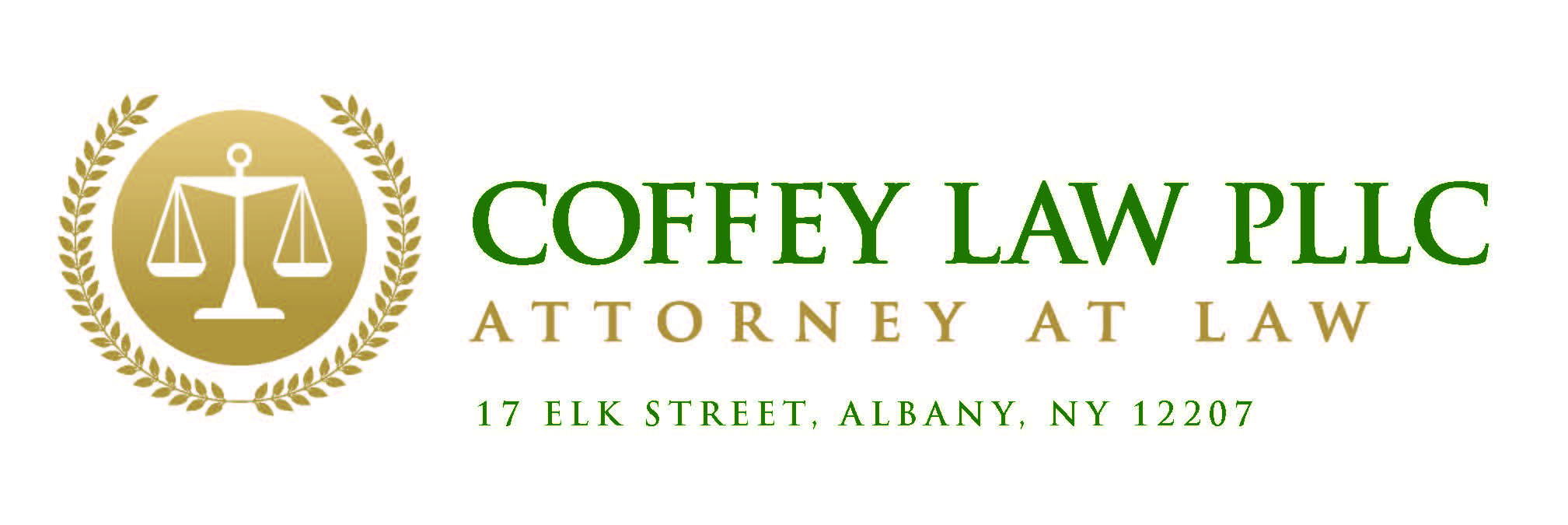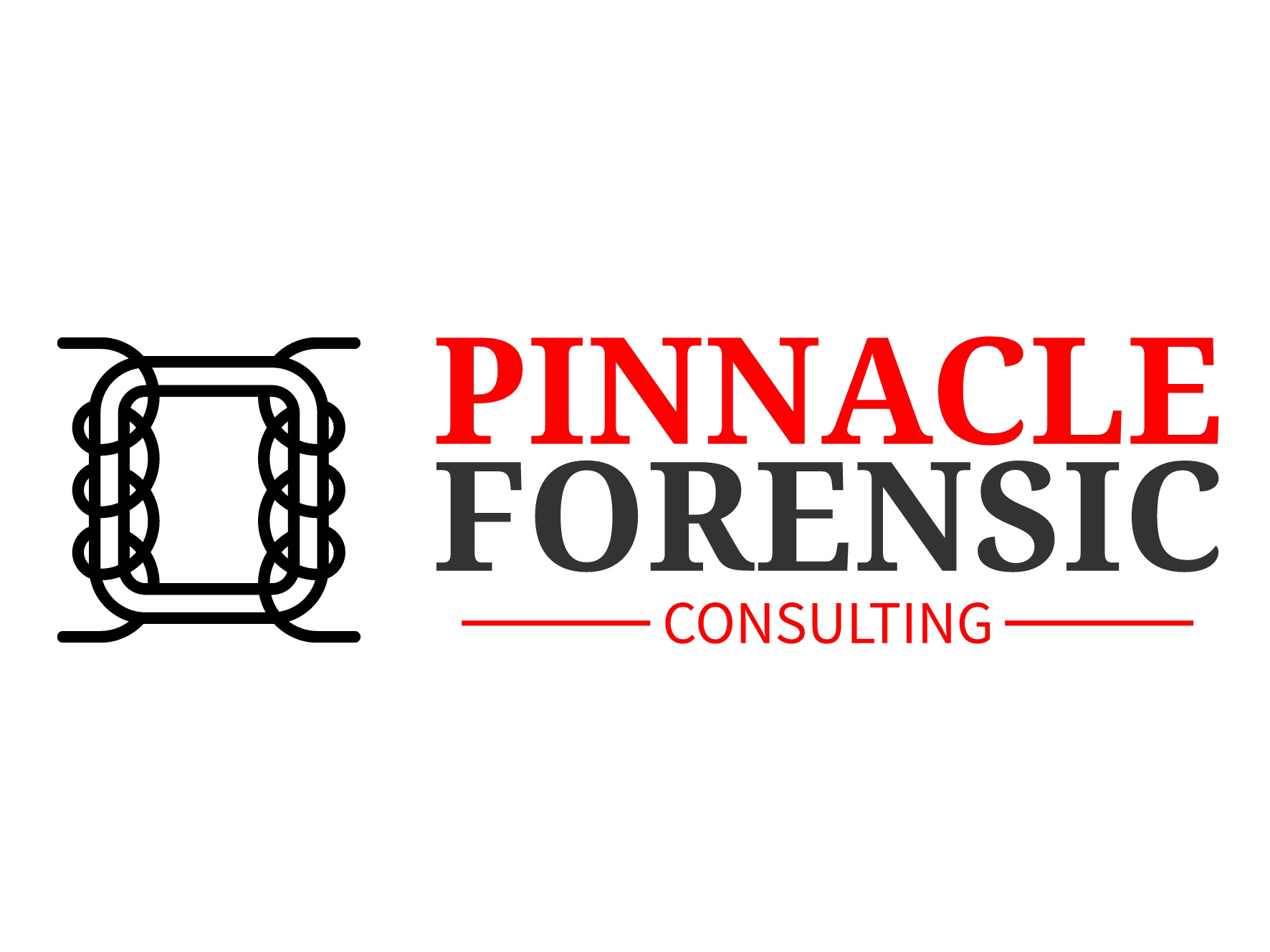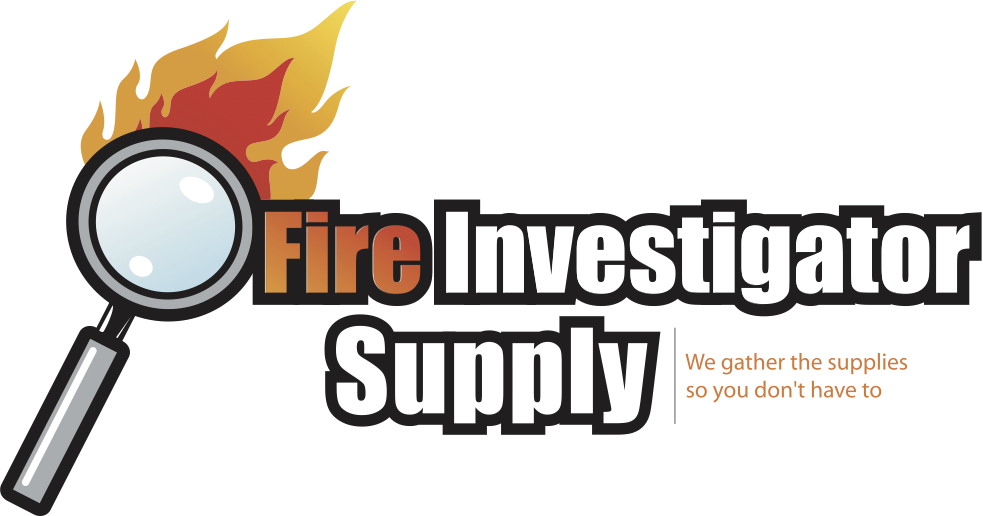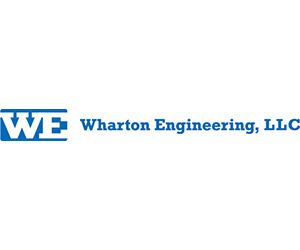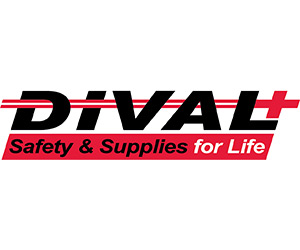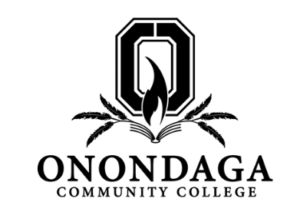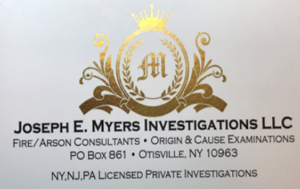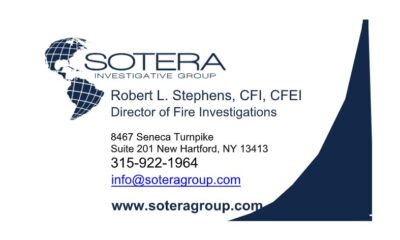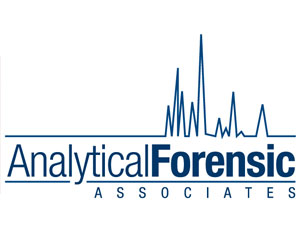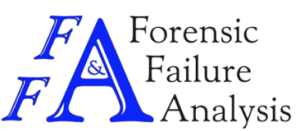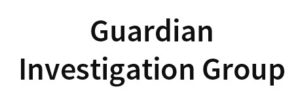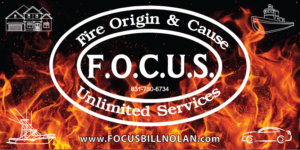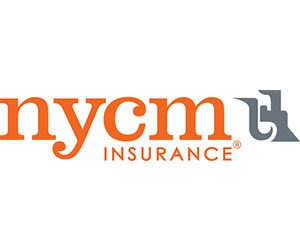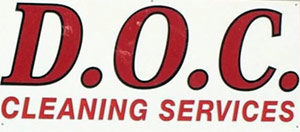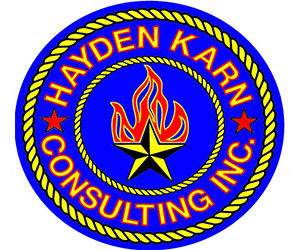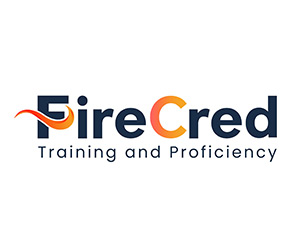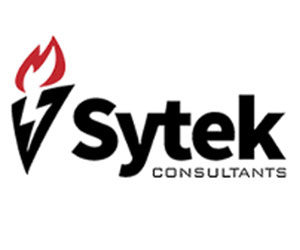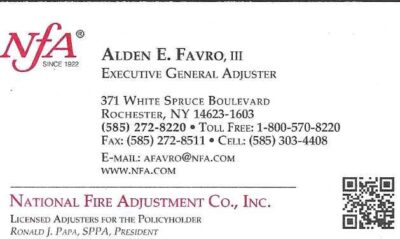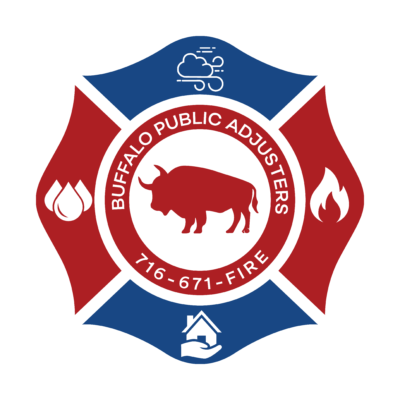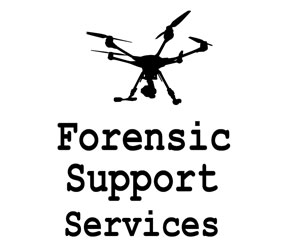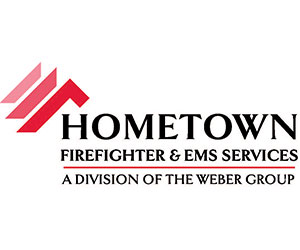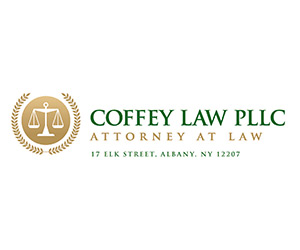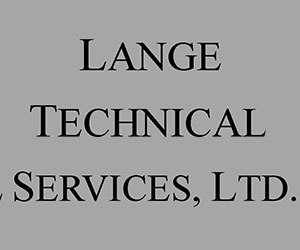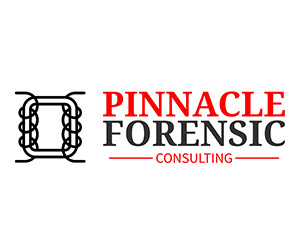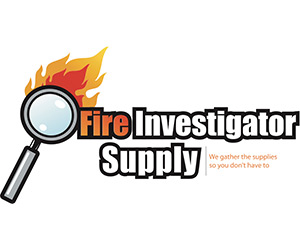Latest News and Events
2024 Spring Seminar
Partnering with NYCM Insurance to bring you 20 hours of tested training!
• Combining Spherical and Traditional Photography to Document Fire Scenes
• Case Study on the Jay Street Fire, Schenectady
• Fuel / Air Explosion Dynamics
•Material Ignitability and Understanding the First Fuel Ignited (includes a practical hands-on exercise)
•Post Flashover Fire Pattern Persistence
NYS IAAI 1st Annual Insurance Seminar
NYS IAAI Partnering with NYCM is pleased to offer the 1st Annual Insurance Seminar.
• Investigating and Litigating Fire Loss Claims – Avoiding Preventable Errors
• Proving Liability When Litigating Fire Losses
• Fire Investigation Methodology for the Insurance Professional
•Knowing Your Expert
Fire Scene Magazine Fall 2023 Issue
The Fall 2023 issue of The Fire Scene Magazine is now available.
Facebook Posts
Updated flyer for the seminar in May. Make sure check out our separate post about training specific for Insurance Investigators.
To register for this seminar
nyfireinvestigators.app.neoncrm.com/np/clients/nyfireinvestigators/event.jsp?event=59&
... See MoreSee Less
- Likes: 17
- Shares: 4
- Comments: 1
Your going correct
We are pleased to offer a separate, simultaneous insurance track, geared toward claim handlers and insurance adjusters. Both public and private fire investigators are welcome to attend
Investigating and Litigating Fire Loss Claims – Avoiding Preventable Errors
Proving Liability When Litigating Fire Losses
Christopher Konzelmann – Partner, White and Williams, LLP
Fire Investigation Methodology for the Insurance Professional
Knowing Your Expert
Dixon Robin, IAAI-CFI, NYS IAAI President, and Scott Shear, IAAI-CFI, NYS IAAI Western Vice President
To register
nyfireinvestigators.app.neoncrm.com/np/clients/nyfireinvestigators/event.jsp?event=65&
... See MoreSee Less
Looking forward to another great seminar
New York State Annual Residential Burn Ban
DEC Reminds New Yorkers: Annual Residential Brush Burning Prohibition Starts March 16
Earlier Than Usual Spring Conditions Leading to More Fires
Spring Burn Ban Reduces Wildfire Risks, Protects Lives, and Property
New York State Department of Environmental Conservation (DEC) Commissioner Basil Seggos today announced the annual statewide ban prohibiting residential brush burning begins March 16 and runs through May 14. Since 2009, DEC has enforced the annual brush burning ban to help prevent wildland fires and protect communities during heightened conditions for wildfires.
“While we’re seeing record breaking fires in Texas right now, we’re also at a higher risk here in New York,” Commissioner Seggos said. "Before the annual burn ban goes into effect next month, we’re encouraging New Yorkers who burn woody debris to do it carefully, don't burn on windy days, and have water or equipment ready to extinguish it if needed. All fires must be attended until completely out.”
This winter season did not provide typical snow cover across much of New York State, leaving dormant vegetation from last year’s growing season exposed where it is susceptible to the daily fluctuation of spring weather. DEC is advocating extra vigilance before the burn ban goes into effect, as Forest Rangers and local firefighters have already responded to early fires in multiple counties. These fires were caused by debris burning with wind carrying the fire to grassy and wooded areas.
Since the ban was established, the eight-year annual average number of spring fires decreased by 42.6 percent, from 2,649 in 2009, to 1,521 in 2018. Warming temperatures can quickly cause wildfire conditions. Open burning of debris is the single-largest cause of spring wildfires in New York State. When temperatures warm and the past fall's debris and leaves dry out, wildfires can start and spread easily, further fueled by winds and a lack of green vegetation. Each year, DEC Forest Rangers extinguish dozens of wildfires that burn hundreds of acres. In addition, local fire departments, many of which are staffed by volunteers, all too often have to leave their jobs and families to respond to wildfires caused by illegal debris fires. DEC will post the Fire Danger Map for the 2024 fire season on DEC's website once there is a moderate risk anywhere in New York.
New York first enacted strict restrictions on open burning in 2009 to help prevent wildfires and reduce air pollution. The regulations allow residential brush fires in towns with fewer than 20,000 residents during most of the year, but prohibit such burning in spring when most wildfires occur. Backyard fire pits and campfires less than three feet in height and four feet in length, width, or diameter are allowed, as are small cooking fires. Only charcoal or dry, clean, untreated, or unpainted wood can be burned. People should never leave these fires unattended and must extinguish them. Burning garbage or leaves is prohibited year-round in New York State. For more information about fire safety and prevention, visit DEC's FIREWISE New York webpage.
Some towns, primarily in and around the Adirondack and Catskill parks, are designated "fire towns." Open burning is prohibited year-round in these municipalities unless an individual or group has a permit from DEC. To find out whether a municipality is a designated fire town or to obtain a permit, contact the appropriate DEC regional office. A list of regional offices is available on DEC's website.
Forest Rangers, DEC Environmental Conservation Police Officers (ECOs), and local authorities enforce the burn ban. Violators of the State's open burning regulation are subject to criminal and civil enforcement actions, with a minimum fine of $500 for a first offense. For search and rescue, reporting a wildfire or illegal activity on state lands and easements, call 1-833-NYS-RANGERS (1-833-697-7264).
Forest Ranger Roster
dec.ny.gov/about/contact-us/forest-ranger-rosters
Environmental Conservation Police Roster
dec.ny.gov/about/contact-us/environmental-conservation-officer-rosters
... See MoreSee Less
Mailing List
Not a member? Subscribe to our mailing list by filling out the form below and receive the latest chapter news and fire investigation insights.
